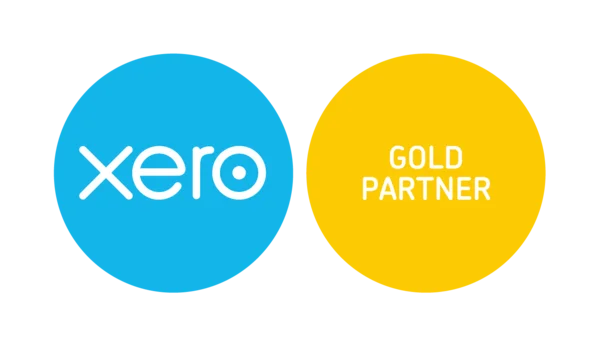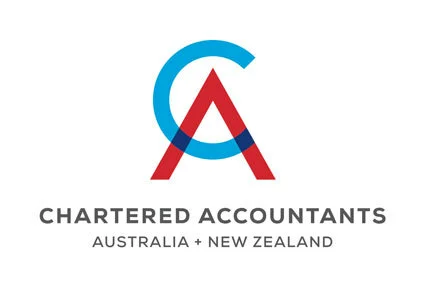GST and Services Supplied Cross-Border

Navigating the Australian Goods and Services Tax (GST) landscape can be a complex endeavour, particularly when it comes to supplying services to people or businesses outside of Australia.
When an Australian enterprise supplies services to a person who is not in Australia, the transaction is generally considered an export of services. This means that the supply is treated as being outside the scope of Australian GST, provided certain conditions are met. However, navigating these conditions can be challenging and requires a thorough understanding of the GST law.
These three situations (there are others) can make a supply of services from an Australian business GST-free where the services are “cross-border”.
1. Services provided that are directly connected with goods or real property situated outside Australia.
2. Services provided to a non-resident (for tax purposes) of Australia. The services must be provided to the non-resident when that person (or entity) is not in Australia. Also, the services must not be a supply of work physically performed on goods situated in Australia. Also, the services must not be directly connected with real property in Australia.
3. Services that are used or enjoyed outside of Australia. This can apply to anyone using the services, whether or not they are non-residents (tax) of Australia. For this item to apply, the recipient of the services must not be in Australia when the services are provided. Also, the effective use or enjoyment of the services must take place outside Australia. The services must not be a supply of work physically performed on goods situated in Australia and the services must not be directly connected with real
property in Australia.
The ATO has produced very large tax rulings that explain what it thinks the above items mean. This is an indication of how complex these decisions can be. Here are some examples of when supplies of services can be GST-free.
Example One
Amanda is an architect that operates an architectural practice in Brisbane. She has an online presence. Patrick, a resident of New Zealand, wants to build a new house in an exclusive part of Auckland. He becomes aware of Amanda’s services, and he engages
Amanda to provide initial concept drawings for the new house at a particular location in Auckland.
This supply of services is GST-free. This is because the supply is directly connected with a particular piece of real property that is located outside Australia.
Patrick likes the concept drawings Amanda has prepared and then engages her to draft the complete plans for the new house. This is a big job and Amanda engages Amy, who is also an architect running her own business in Australia. Amy is engaged to prepare detailed
drawings of the kitchen and wet areas of the new house. Amy bills Amanda for these services.
Surprisingly, the services provided by Amy to Amanda are also GST-free. This is so, even though both Amy and Amanda are Australian based businesses. The reason for this is because the supply of the services is directly connected to real property that is located
outside Australia.
Example Two
An Adelaide based law firm acts for overseas clients in relation to the acquisition of a particular item of real property in the Adelaide suburb of Blackwood. Legal services provided by the law firm (say, for a purchaser) in the conveyance of the land are directly
connected with that property. This means that, even though the services are provided to clients outside Australia, the services are still subject to GST because they directly relate to the Blackwood property.
Let us further assume that the overseas client wanted to set up a trust to hold the property. Interestingly, this service would be GST-free. This is because the ATO does not consider that this service is directly connected with the property. The service is for the setting up of
the trust. The fact that the trust will acquire the property is not relevant to the question of whether the legal services are subject to GST.
Example Three
Burkitt Legal is a law firm that deals mainly with deceased estates. An individual dies and the beneficiaries and executor of the estate all live outside Australia and communicate with Burkitt Legal by email and telephone. The deceased individual had a number of financial
interests and a home in Hobart. As part of the winding up of the estate, the home is sold and Burkitt Legal undertakes the conveyancing services in relation to the sale.
In this situation, the ATO states that, if on the facts, the conveyancing part of the services (being the overall administration of the estate) is only incidental to a dominant part of the supply which is not directly connected with the real property, the incidental connection with
that property does not characterise the dominant part of the supply as one directly connected with real property. Accordingly, all the services are GST-free, even though part of the services relate to the conveyance of real property in Australia.
As can be seen, this tax issue is complex and nuanced, but it is an issue that must be considered when dealing with services that are supplied to people outside Australia.






